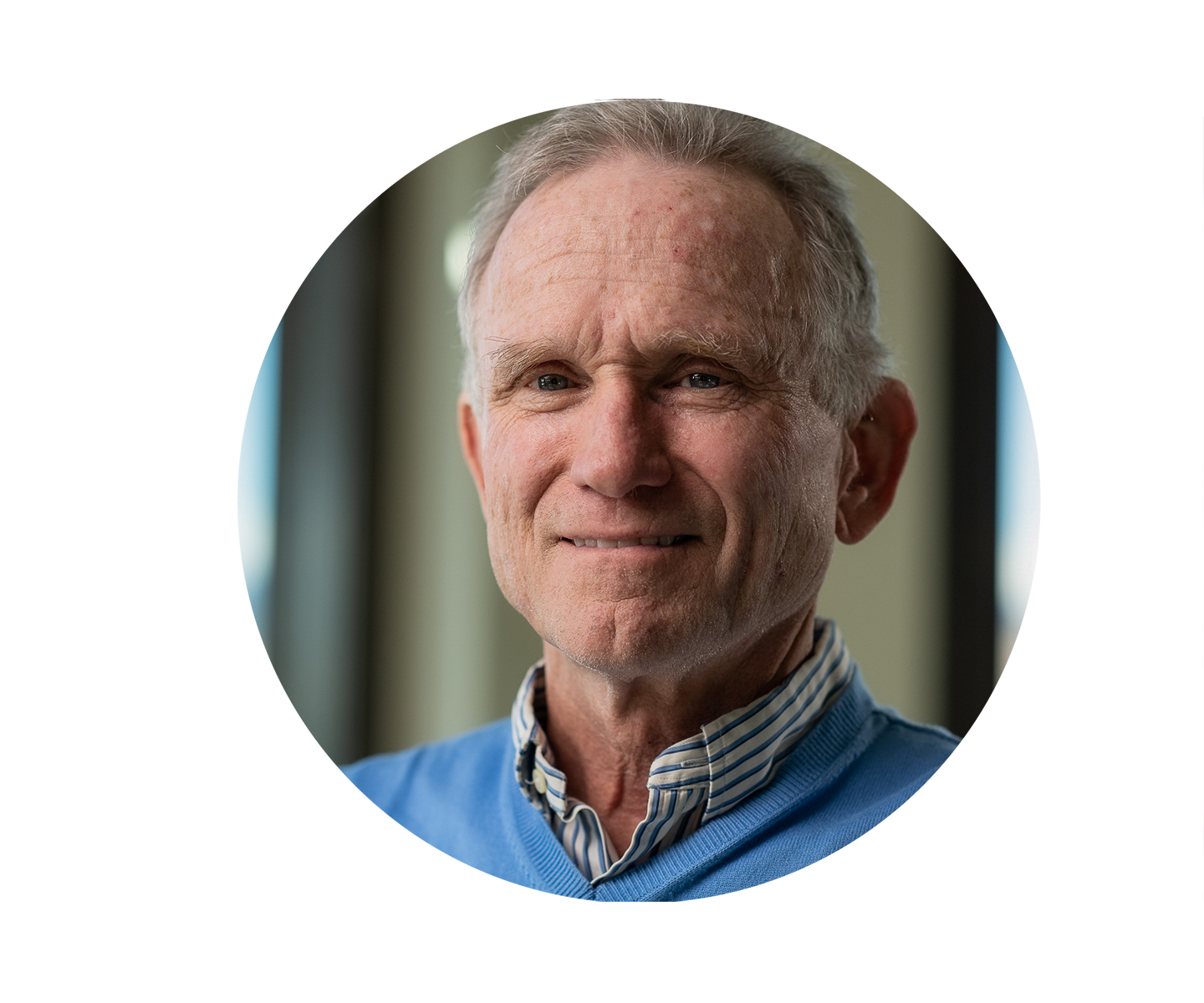Bridging the Gap Between Science and Consciousness
Jul 25, 2023
Albert Einstein, the renowned physicist, once proclaimed that knowledge of the empirical world begins and ends with experience. While he is celebrated for his scientific genius, he also had a deep spiritual inclination. After Einstein's passing, Western science seemed to shy away from exploring topics like consciousness, leaving them as enigmatic puzzles for many years. However, in recent times, the landscape has changed. Western science has finally embraced the conversation and research of consciousness. Interestingly, while the West is catching up, the East has been delving into this realm for millennia. In this blog post, we will explore the intersection of science and spirituality, shedding light on how both Eastern and Western thinkers have contributed to our understanding of consciousness.
Albert Einstein's intellectual prowess was not limited to scientific theories; he also pondered deeply on spiritual matters. His quote, "pure logical thinking cannot yield us any knowledge of the empirical world; all knowledge of reality starts from experience and ends with it," reflects his recognition of the limitations of pure reason. Einstein understood that experience and observation were vital components in expanding our understanding of the world. This perspective aligns with the holistic view often found in Eastern philosophies.
Following Einstein's era, Western science experienced an explosion of knowledge in various fields, leading to groundbreaking discoveries and technological advancements. However, the concept of consciousness remained largely untouched, perhaps due to its elusive and intangible nature. The focus shifted towards more tangible aspects of the physical world.
Nonetheless, a paradigm shift has been brewing in recent decades. The exploration of consciousness has become a vibrant area of research, drawing inspiration from the Eastern traditions that have already traversed this terrain for thousands of years. Some Western scientists and researchers have started acknowledging the importance of subjective experience and inner contemplation, realizing that consciousness plays a crucial role in shaping our reality.
Contrary to the Western trajectory, Eastern thinkers and philosophers have been deeply immersed in the exploration of consciousness for millennia. Ancient civilizations in India, China, and other parts of Asia developed intricate systems of thought that contemplated the nature of the mind, self, and consciousness.
In India, the ancient texts of the Vedas and Upanishads laid the foundation for philosophical debates about consciousness (Atman) and its interconnectedness with the ultimate reality (Brahman). The concept of meditation as a means to explore consciousness and achieve higher states of awareness also originated from these traditions.
In China, Taoist and Confucian philosophies delved into the nature of the mind and the relationship between the individual and the cosmos. Concepts like Qi (vital energy) and Wu Wei (effortless action) were central to understanding consciousness in the context of the natural world.
Buddhist teachings, originating in India but spreading across many Asian countries, placed a particular emphasis on introspection and meditation as means to explore the nature of consciousness. The concept of Anatta (non-self) challenged conventional notions of identity and self-awareness.
As Western science progresses, it is becoming evident that a holistic approach, one that acknowledges both objective observation and subjective experience, is essential for a comprehensive understanding of consciousness. Eastern philosophies have long embraced this approach, emphasizing meditation, mindfulness, and introspection as tools for exploring the inner workings of the mind.
Modern scientific research on consciousness now incorporates meditation and mindfulness practices into studies. Neuroscientists are investigating the effects of contemplative practices on the brain and its potential for enhancing well-being and cognition. This amalgamation of scientific investigation and ancient wisdom is bridging the gap between the two perspectives.
The journey of science and consciousness has been a fascinating one, with Albert Einstein serving as a bridge between the spiritual and scientific realms. Western science's initial reluctance to explore consciousness contrasts with the thousands of years of investigation and contemplation in Eastern philosophies. However, the present times signal a new era of convergence, as modern science embraces the wisdom of the past to unravel the mysteries of consciousness.
As we continue on this path, let us remember that the pursuit of knowledge is not confined to any one culture or tradition. The intersection of Eastern and Western thought opens up new possibilities for comprehending the human experience and the nature of reality itself. By incorporating both empirical observation and experiential understanding, we may finally unlock the profound secrets of consciousness and our place within the vast cosmic web.

I wrote a book, Profit with Presence: The 12 Pillars of Mindful Leadership, which goes in to further detail about this topic and more.
Although the world is currently abuzz with the term “mindfulness,” some believe mindfulness is a fringe activity to be practiced before or after the workday, if at all. Too few business professionals take the time needed to be present and aware throughout the workday, which is counterproductive. Mindfulness is not only a path to personal success, but a sound business strategy.
My hope is to positively impact the world through infusing more mindfulness into business -- and it starts with each of us individually. Together, we can create a future where mindfulness is deeply embedded in our work culture, leading to greater well-being, productivity, and meaningful success for all.
I am available for select 1:1 coaching; workshop facilitation and key note speaking: email [email protected] with inquiries.
- Dr Eric Holsapple

Are you a professional that is seeking more to this life?
Get my free mindfulness resources here
Learn more about my book, Profit with Presence: The 12 Pillars of Mindful Leadership here
Check out the Profit with Presence Podcast Miniseries here
Watch videos on YouTube here
Learn more about my nonprofit, Living in the Gap, here
Connect with us on social media:
